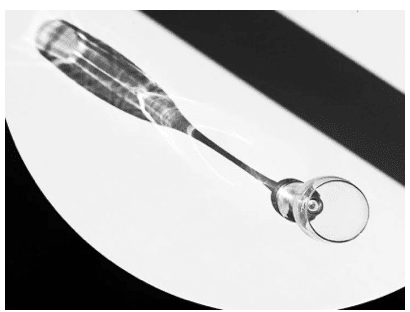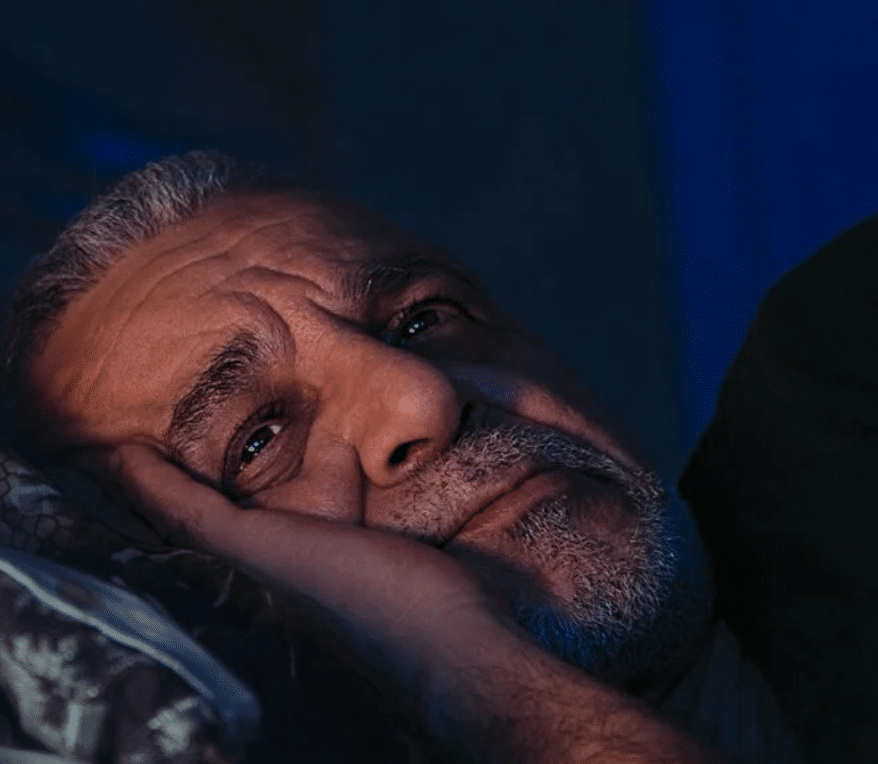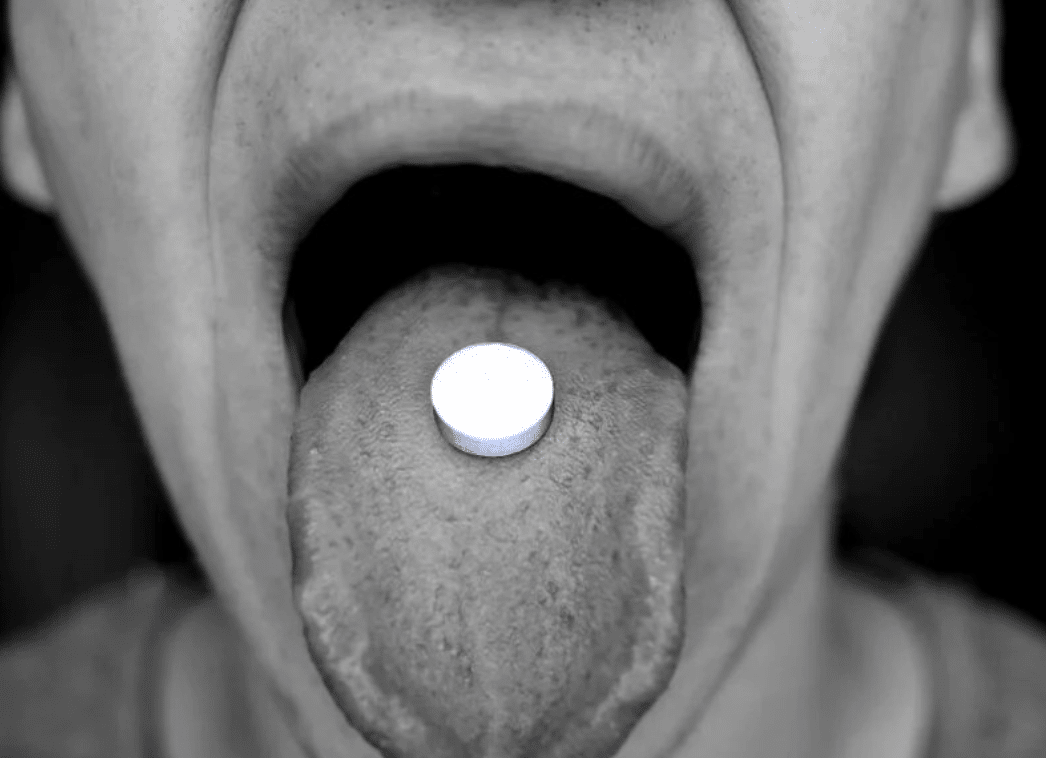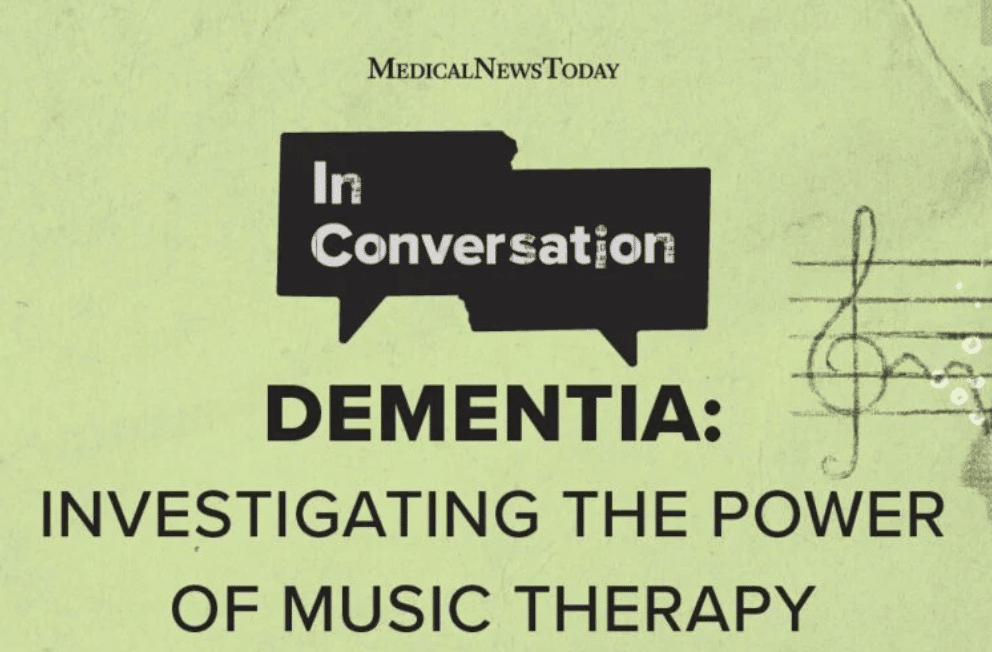- KFOR news ran a fake story in which a doctor claimed emergency rooms in Oklahoma were inundated with people who used horse ivermectin paste as a treatment for COVID-19 and overdosed
- The story turned out to be pure fiction, as no such cases have occurred. Still, KFOR has not retracted the story or issued a correction
- The idea that ivermectin is a horse dewormer that poses a lethal risk to humans is a deceptive narrative aimed at dissuading people from using a safe and effective drug against COVID-19
- While ivermectin is used as a dewormer in animals, it is also a human drug, approved by the FDA since the mid-1990s. It’s on the World Health Organization’s list of essential medicines for several parasitic diseases and, like many other drugs, ivermectin is used off-label for other diseases and conditions
- In addition to being antiparasitic, ivermectin also has potent antiviral properties and has even been shown to protect against SARS-CoV-2 spike protein damage
(Natural News) (Article by Dr. Joseph Mercola republished from Articles.Mercola.com)
In recent days, another big, fat lie has been allowed to circulate unchecked and unverified in headlines across the media landscape. “Ivermectin: Why Are U.S. Anti-Vaxxers Touting a Horse Dewormer as a Cure for COVID?” asks the Independent.1 Similar headlines — all focusing on “horse dewormer” — have been plastered across many other media outlets.
It appears Oklahoma’s KFOR news was the first to run a fake story that made this false narrative explode. September 1, 2021, KFOR reported that emergency rooms were overrun with patients who had overdosed on horse ivermectin. The claim was supposedly made by doctor Dr. Jason McElyea. According to KFOR:2
“Dr. McElyea said patients are packing his eastern and southeastern Oklahoma hospitals after taking ivermectin doses meant for a full-sized horse, because they believed false claims the horse de-wormer could fight COVID-19.’The ERs are so backed up that gunshot victims were having hard times getting to facilities where they can get definitive care and be treated,’ he said.”
Fake News Alert
Other media outlets ran with the story, including Rolling Stone magazine,3 The Daily Mail,4 the Independent,5 Newsweek,6 The Guardian,7 Yahoo News8 — which later published a story saying a hospital was “disputing” the claim — and MSNBC’s Rachael Madow.9
There was just one problem. It was a fake story. A few days after the story made major media rounds, the Sequoyah Northeastern Health System issued a public notice and posted it on its website homepage, dismissing McElyea’s claims as pure fiction:
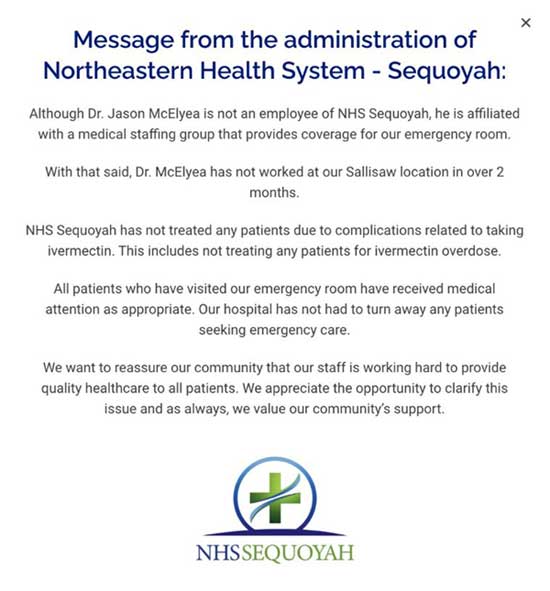
However, rather than retract the article, which would be appropriate for a piece that turns out to be fictional from start to finish, Rolling Stone simply posted an “update” at the top of the article, noting Sequoyah’s rebuttal. KFOR has issued no correction at all, as of September 7, 2021. The Guardian issued an update at the bottom of its article, but did not include the hospital’s statement that NO patients have been treated for ivermectin overdose.
Hundreds of news articles have also brought attention to alleged rises in ivermectin-related calls to poison control centers around the U.S. These too, it turns out, are based on the flimsiest of data. For example, in Kentucky, poison control reports having received six calls relating to ivermectin paste overdose, compared to an average of one per year.
The department of health in Mississippi similarly noted that while calls to poison control involving ivermectin paste have seen a slight increase, all cases have been mild and none have required hospitalization due to toxicity.10 Clearly, people are not dying from horse ivermectin overdoses, and they’re certainly not dying from appropriately-dosed and prescribed oral ivermectin.
Bg


